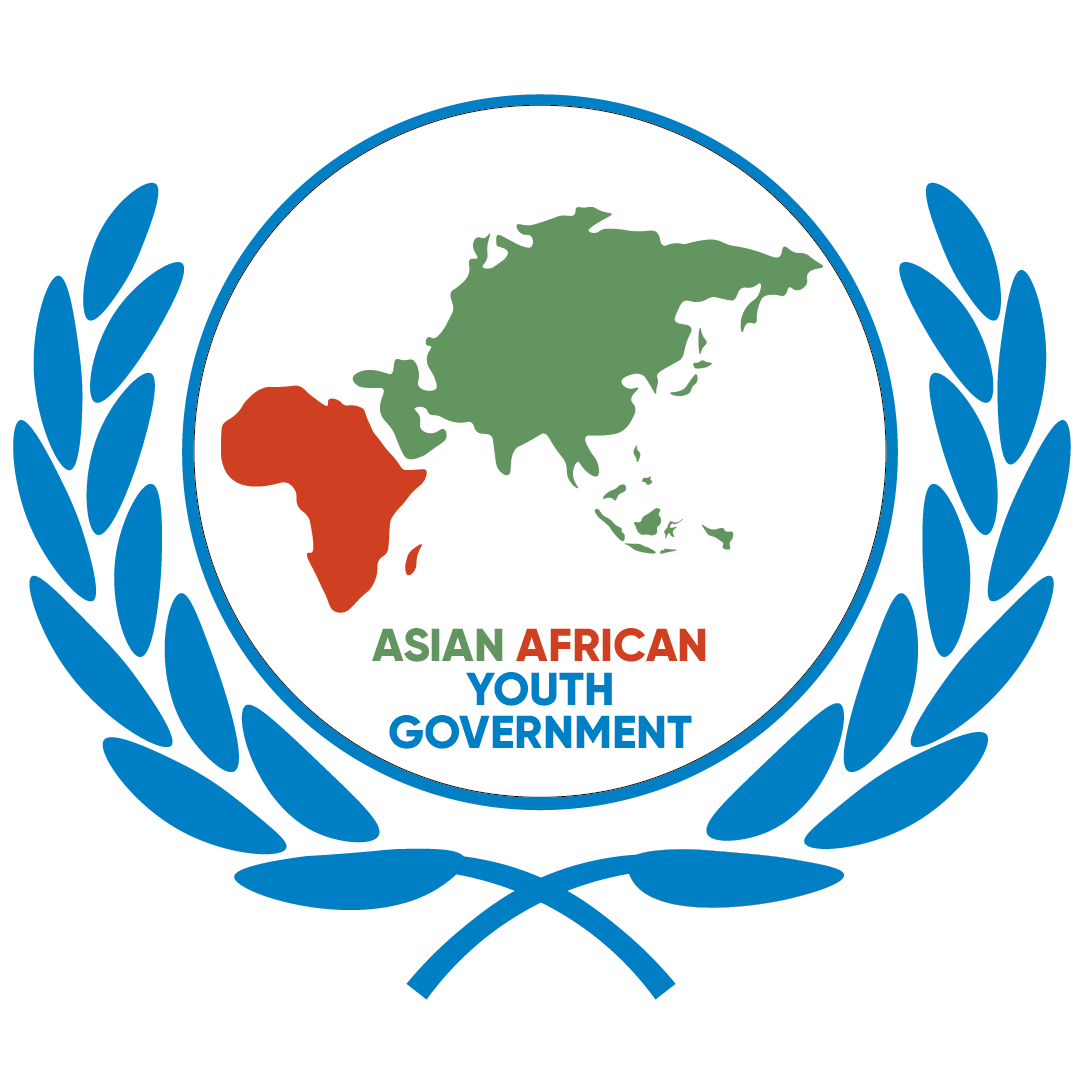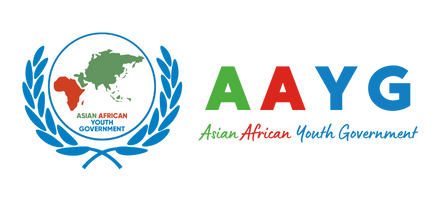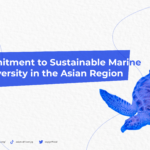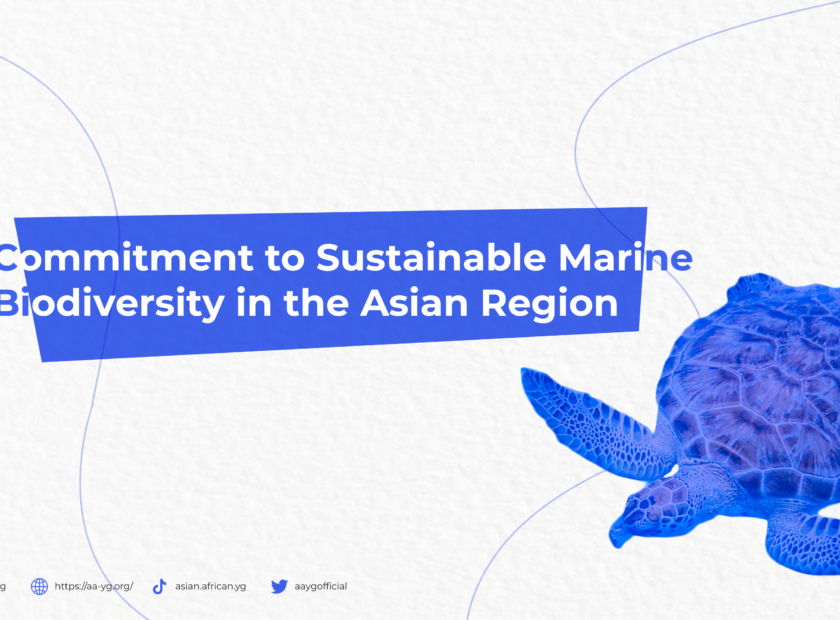
AAYG : The Russia-Ukraine Crisis Impacts on Asia-Africa Economy
Asian African Youth Government (AAYG) held an International Webinar on Monday, July 4th, 2022, with the theme “The Impact of Russia-Ukraine Conflict on Asia-Africa Economy.” The Russia-Ukraine conflict has induced a wave of economic crisis, especially in Asia and Africa.
Respiratory Saddam Al-Jihad, the President of AAYG 2021-2026, said Asian and African countries are not only struggling with political and socio-cultural problems but also exacerbated the economic issue as the effect of the conflict and COVID-19.
Therefore, Saddam expected the youth to formulate solutions and policies in order to address this critical issue since food crises are becoming more and more severe in Africa and Asia.
“I highly hope this forum could discuss the problem, particularly the potential economic crisis in Asia and Africa, then formulate the solution on how to contribute to solving the conflict. So that the government could focus on the economic recovery in the post COVID-19,” said Saddam Al-Jihad in his welcoming speech.
Gracia Paramitha, the lecturer at LSPR Communication and Business Institute Jakarta, argued that the mission of the President of Indonesia, Joko Widodo, through diplomatic visits to Russia and Ukraine is a good initiative. However, as stated by Gracia, we cannot rely solely on the meeting as a determining factor for succeeding in a peace settlement.
Hence, Gracia emphasized that those are other factors we need to examine. Meanwhile, she also appreciated Joko Widodo’s presence to perform his duties as president of the G20, which will take place in Bali in November 2022.
Moreover, the Coordinator Minister on Economic and IT of AAYG, Naoufal Oulda, focused on how countries should design strategies in the face of an economic downturn. The war, according to him, has affected countries to experience inflation since soaring energy prices.
“Natural gas is around 25% of the global energy resource. So, the energy prices became expensive because we imported from Russia and Ukraine. The sanction of the gas exportation from Russia is also called the sanction of the economy to other countries as well, especially in Asia countries. That will limit the economic dynamics in all countries,” explained Oulda.
Oulda also demanded the government to encourage local agriculture and renewable energy, such as sun and wind, to minimize the dependencies on Russia and Ukraine’s supply.
“So, we must have our autonomies in the agricultural sector as well. We push the government and organizations to support them, especially the youth, to realize their ideas by encouraging the start-up and small companies in the perspective of youth collaboration,” said Oulda.
Furthermore, the Coordinator Minister on Politics, Law, and Security of AAYG, Mohammad Zaman Bajwa, the second speaker, highlighted how the Russia-Ukraine conflict affected the import and exporters of countries, given that most Asian and African economies rely on Ukraine and Russia’s energy.
“In 2021, Kenya imported 30% of its wheat consumption from Ukraine. Cameroon imported 44% of fertilizer from Russia. Ghana 60% of its iron production comes from Ukraine and Russia,” said Zaman Bajwa.
He further asserted that the dependencies could slow down the development projects due to the surging commodity price and continued his explanation.
“If they are not able to buy things, all countries will export these things. When this country will not export, the weaker economy will have to facilitate people. In that case, they will get low taxes. They will not spend the money on the development,” explained Bajwa.
“So, this situation must stop because it’s not just impacting the global economy. What matter is the determination of global leaders, like Jokowi who took responsibility for trying to mediate between two powers.”





